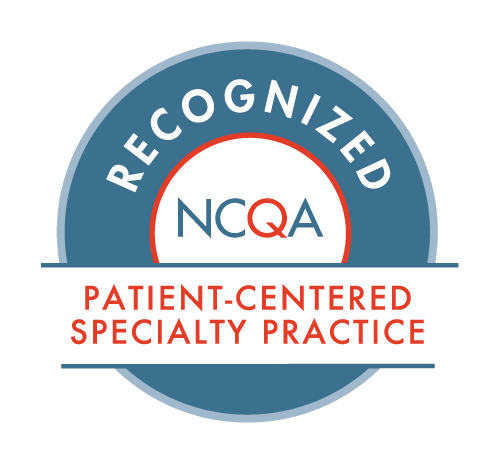10 Signs You Should See a Cardiologist for a Check-Up
- Posted on: Jun 5 2025
Some heart conditions develop quietly. They do not start with a dramatic event but with subtle signs that build over time. A check-up with a cardiologist can help catch issues early before they turn into something more serious.
These are some of the most important signs that suggest it is time to schedule a visit.
1. You Feel Chest Discomfort or Pressure
This is a classic warning sign. It might feel tight, burning, or heavy, especially during activity. Chest pain could signal coronary artery disease, a blocked artery, or even an early-stage heart attack. If it keeps returning or gets worse, it needs evaluation.
2. You Are Short of Breath or Fatigued
Fatigue and shortness of breath are common in early-stage heart failure, but they are easy to overlook. Many people with heart failure are first diagnosed in outpatient settings, not hospitals, because symptoms start gradually.
Patients often think they are just aging or out of shape. That delay matters. Early diagnosis can prevent hospitalizations and improve survival.
3. You Notice Swelling in Your Legs, Feet, or Belly
This could be fluid buildup, a sign of volume overload. In fact, 42% of patients with elevated heart pressures showed no signs of congestion during physical exams in one study of chronic heart failure patients.
A cardiologist may use imaging or bloodwork to uncover what physical exams can miss.
4. Your Blood Pressure Keeps Creeping Up
High blood pressure makes your heart work harder, and that can lead to muscle thickening or valve damage. Chronic hypertension is closely linked to both heart failure and stroke. If your numbers stay elevated despite lifestyle changes, it is time to see a specialist.
5. You Live With Diabetes
Diabetes is a major cardiovascular risk factor that can lead to structural changes in the heart and abnormal function, even before symptoms start. A cardiologist can help coordinate care and reduce long-term risks.
6. You Have Been Diagnosed With Peripheral Artery Disease (PAD)
PAD affects arteries outside the heart, but the risk to your heart is high. PAD is strongly tied to increased heart attack, stroke, and overall cardiovascular death. If you have leg pain when walking or a PAD diagnosis, it may signal underlying coronary artery disease. We refer our patients with PAD to our Center for Vascular Care, which is dedicated to diagnosing and treating this disease.
7. Your Heart Races or Skips
Heart rhythm problems, such as atrial fibrillation or tachycardia, can cause fatigue, fluttering, or even fainting. Left untreated, they may increase your risk for stroke or heart failure.
An EKG or long-term monitor can help a cardiologist or electrophysiologist at our Center for Atrial Fibrillation and Electrophysiology identify the source and recommend treatment.
8. You Have a Strong Family History of Early Heart Disease
If a parent, sibling, or grandparent had heart disease at a young age, before 55 for men or 65 for women, your personal risk may be elevated. Genetics can influence cholesterol levels, blood pressure, and the way your arteries function.
9. You Are Over 60 and Feel Winded or Weak
Heart failure with preserved ejection fraction (HFpEF) is becoming more common in older adults, especially those with overlapping conditions like obesity, kidney disease, or hypertension. The five-year survival rate for HFpEF is nearly the same as for more severe heart failure (about 75%), yet many patients go undiagnosed until late in the disease.
10. A Family History of Cardiovascular Disease
A family history of cardiovascular disease can significantly impact your risk. Knowing if heart conditions run in your family, especially at younger ages, provides crucial insight into your own heart health.
Book a Heart Check-Up Before Symptoms Get Worse
Symptoms like fatigue, swelling, or shortness of breath can creep up slowly. If any of these signs apply to you, contact us at Hunterdon Cardiovascular Associates. Our board-certified cardiologists in Flemington, Clinton, and Bridgewater offer expert care, including advanced testing and personalized treatment for a wide range of heart conditions.
Posted in: Uncategorized



